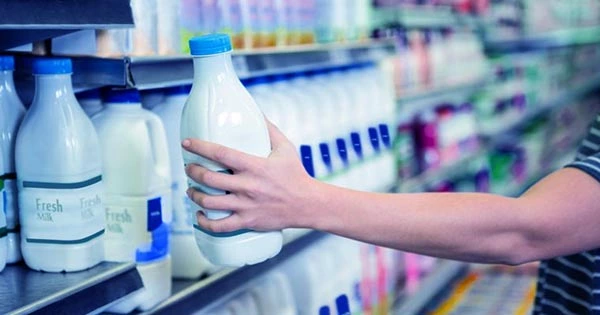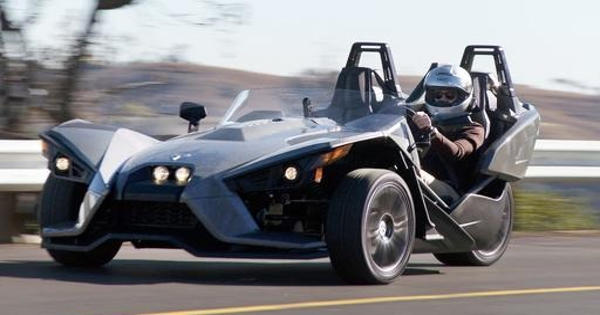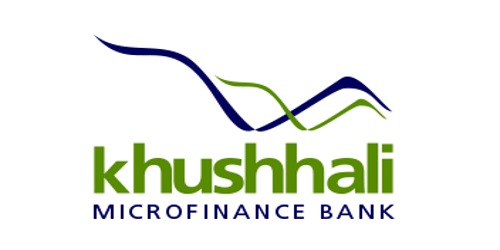The dairy sector is evolving globally. Competition from non-animal produced food alternatives, including possible difficulties presented by synthetic milk, is one of the disruptions.
Cows or other animals are not necessary for synthetic milk. Although it is generated using a cutting-edge biotechnology method known as “precision fermentation,” which creates biomass cultured from cells, it can have the same biochemical composition as animal milk.
Over 80% of people around the world frequently eat dairy products. More and more people are urging us to switch from animal-based food systems to more environmentally friendly ones.
Dairy milk is available in synthetic forms without having to worry about methane emissions or animal welfare. But before it can be a just, sustainable, and practical replacement for milk derived from animals, it must overcome several obstacles and difficulties.
No sci-fi or fantasy: Megatrends in the global dairy industry were the focus of my most recent study. Possibly synthetic milks as well as plant-based milks have emerged as a major disruption.
Synthetic milk is marketed as having the same flavor, appearance, and texture as regular dairy milk, in contrast to synthetic meat, which can struggle to match the richness and texture of animal meat.
There is already synthetic milk; it is not a sci-fi fantasy. For instance, the Perfect Day company sells microflora-based protein in the US, which is used to manufacture ice cream, protein powder, and milk.
In Australia, a young startup called Eden Brew has been creating artificial milk in Werribee, Victoria. The corporation is going after customers who are getting more and more concerned about climate change, especially the role that methane from dairy cows plays.
The technology behind the Eden Brew product was supposedly developed by CSIRO. The same proteins found in cow milk are produced through a method called “precision fermentation” that begins with yeast.
According to CSIRO, these proteins offer milk many of its essential characteristics and help to produce its creamy texture and foaming ability. The final product is made by combining a protein foundation with minerals, carbohydrates, fats, and flavors.
New updated food system: Additionally in Australia, All G Foods collected A$25 million this month to speed up the production of their synthetic milk. The business aims to make its synthetic milk more affordable than cow milk in seven years.
The dairy business could be significantly disrupted if the synthetic milk sector can consistently meet its cost objectives. It might lead people further away from conventional animal agriculture and toward utterly new food systems.
According to a 2019 research on the future of dairy, the US precision fermentation industry will generate at least 700,000 jobs by 2030.
Synthetic milk: Before it poses a significant threat to animal-based dairy milk, the synthetic milk business must expand tremendously. It will cost a lot of money to do this, and new manufacturing facilities like fermentation tanks and bioreactors will also need to be built.
Because of Asia’s explosive growth, the Global South currently produces more conventional animal milk than the Global North. There is no doubt that the traditional dairy sector will continue to exist.
And artificial milk isn’t a magic bullet. Despite the technology’s enormous potential to improve both the environment and animal welfare, there remain obstacles to overcome and potential drawbacks.
Alternative proteins, for instance, don’t inherently oppose the corporate or homogenizing nature of traditional industrial agriculture. As a result, large synthetic milk producers may discourage the development of low-tech, small-scale, and alternative dairy systems.
Synthetic milk may also push many more workers out of the global dairy industry. What happens to dairy farmers if traditional dairy co-ops, such as those in Australia and New Zealand, switch to synthetic milk?
We must take precautions to prevent perpetuating current disparities in the current food system as synthetic milk grows popularity in the future years.
And the conventional dairy industry has to understand that a significant shift is about to occur. It should maximize the social advantages of animal-based dairy while minimizing its impact on climate change in the face of numerous threats.















